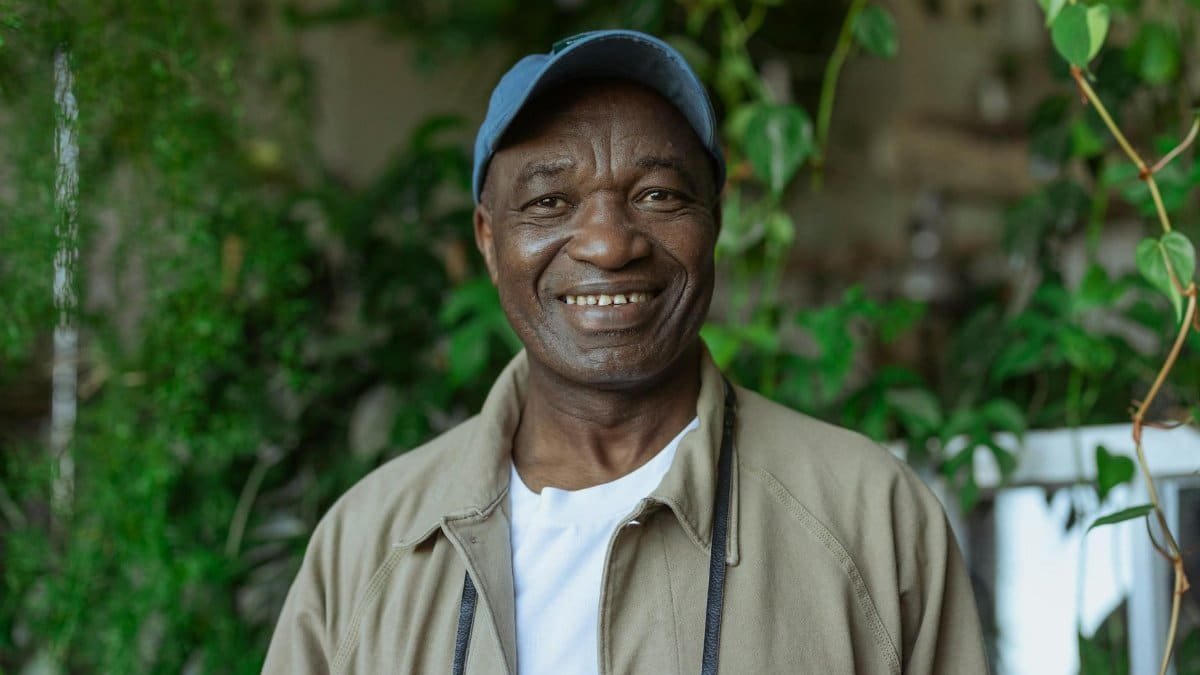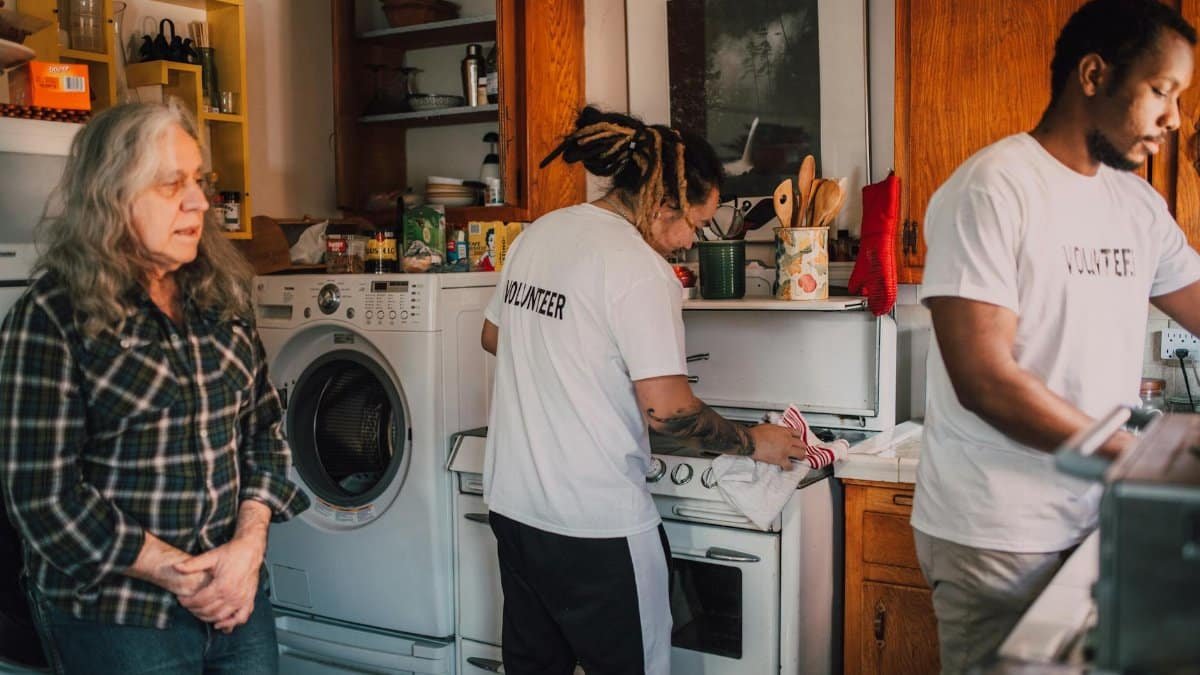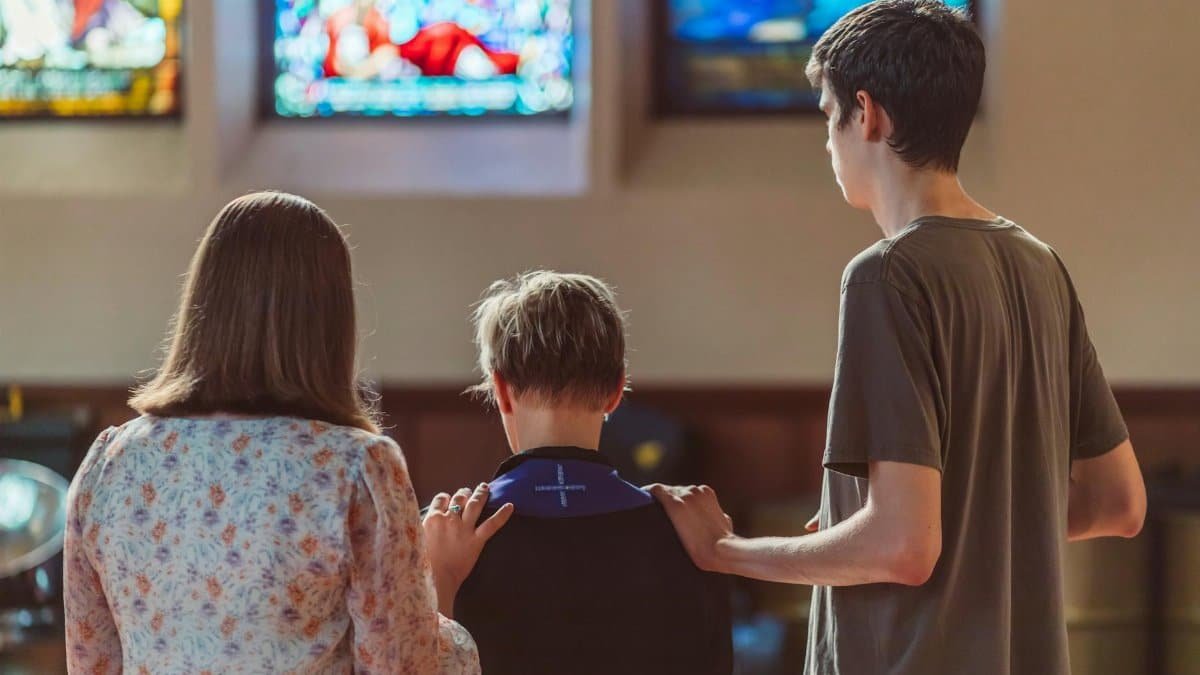Imagine a quiet coffee shop in Portland, Oregon, where a small group gathers on a rainy afternoon. Their conversation isn’t about politics or the latest streaming series. Instead, they’re wrestling with a question as old as humanity itself: What gives life meaning without a higher power? At the heart of their discussion is the idea of ethical humanism purpose—a framework that prioritizes human values, reason, and compassion over religious doctrine. For many Americans today, this concept is becoming a vital way to navigate an increasingly complex world. It offers a path to purpose that doesn’t rely on faith, yet still anchors individuals in a sense of shared responsibility. As traditional religious affiliation declines, with Pew Research noting that nearly 30% of U.S. adults now identify as religiously unaffiliated, more people are turning to secular philosophies like ethical humanism to fill the void. This shift raises intriguing questions about how we define morality and meaning in 2025.
The Roots of Ethical Humanism

Ethical humanism isn’t a new invention. It traces its origins to the Enlightenment, when thinkers began emphasizing reason and human potential over divine authority. At its core, it’s a philosophy that places human well-being and ethical behavior at the center of life’s purpose. Organizations like the American Humanist Association, which has advocated for secular ethics since 1941, define it as a commitment to “the ethical values of compassion, integrity, and fairness,” according to their official statement. Unlike religious frameworks that often tie morality to sacred texts or divine will, ethical humanism purpose emerges from human experience and rational thought. It’s a perspective that resonates with those who seek structure without dogma. Historically, this approach gained traction in the U.S. during the 20th century, as industrialization and scientific discovery challenged traditional beliefs. Today, it feels freshly relevant amid cultural debates over morality in a secular age.
Why Religion Isn’t Required for Purpose

For centuries, religion has been the default source of meaning for many. But what happens when faith fades? A growing number of Americans are proving that purpose doesn’t need a spiritual anchor. Ethical humanism purpose steps in with a focus on tangible actions—caring for others, fostering community, pursuing justice—that don’t require belief in a deity. A 2020 study by the American Psychological Association found that secular individuals who embrace humanistic values report levels of life satisfaction comparable to their religious counterparts. This suggests that meaning isn’t exclusive to faith. Instead, it can be built through intentional choices and connections. Take the example of a community organizer in Chicago who, after leaving organized religion, found renewed drive in volunteering for local causes. “It’s about showing up for people, not praying for them,” they said during a recent conversation. Their story reflects a broader trend: purpose rooted in human impact.
The Appeal in a Disconnected Age

Modern life often feels fragmented. Social media, long work hours, and urban sprawl can erode a sense of belonging. Ethical humanism purpose counters this by emphasizing shared humanity as a source of connection. It’s not just theory—it’s practical. Across the U.S., secular humanist groups host meetups, service projects, and discussion circles that mimic the community aspects of religious congregations. In 2025, as loneliness remains a public health concern, with the U.S. Surgeon General warning of its devastating effects, these gatherings offer a lifeline. They provide spaces where people can grapple with big questions together, without the baggage of religious expectations. One attendee at a humanist event in Atlanta described the experience as “a weight lifted—I could be honest about my doubts and still feel part of something.” This hunger for authentic connection drives the philosophy’s growing appeal.
Navigating Morality Without a Rulebook

One of the biggest hurdles for those stepping away from religion is figuring out right from wrong without a prescribed set of rules. Ethical humanism purpose doesn’t offer a universal code carved in stone. Instead, it encourages critical thinking and empathy as guides. This can feel liberating but also daunting. How do you decide what’s ethical when opinions clash? The philosophy suggests looking to the consequences of actions—does a choice promote well-being or cause harm? It’s a flexible framework, adaptable to personal and cultural contexts. Yet, it demands active engagement. A parent in suburban Ohio shared how they teach their children values through this lens: “We talk about why honesty matters, not just that it’s a rule. They get to ask questions.” This approach fosters a morality that’s reasoned rather than inherited, a shift that resonates with many Americans reevaluating traditional norms.
The Role of Community in Sustaining Purpose

Purpose isn’t a solo journey. Humans are wired for connection, and ethical humanism recognizes this by prioritizing collective responsibility. Secular humanist communities, whether formal organizations or informal groups, serve as support networks. They celebrate life’s milestones—weddings, births, even memorials—without religious overtones, focusing instead on shared values. These rituals ground individuals in something larger than themselves. In a fast-paced world, such anchors matter. Online discussions often reveal a yearning for this kind of belonging, with one person noting anonymously that joining a humanist group felt like “finding family after years of feeling adrift.” These spaces aren’t just social clubs; they’re where ethical humanism purpose takes shape through shared action, whether it’s organizing food drives or advocating for social justice. They prove that meaning can be communal, even without faith.
Challenges of Embracing a Secular Ethic

Adopting ethical humanism purpose isn’t without obstacles. Some face skepticism from family or friends still tied to religious traditions. Others struggle with the absence of clear answers—humanism’s reliance on reason can feel cold compared to the comfort of faith during crises. There’s also the risk of it becoming another rigid ideology if not approached with openness. Critics argue it lacks the emotional depth of spiritual practices, a tension that persists in debates over secular versus religious worldviews. Yet, proponents counter that depth comes from authentic human relationships, not supernatural belief. Wrestling with these challenges is part of the journey. It requires patience and a willingness to sit with uncertainty, traits that aren’t always easy to cultivate in a society craving quick fixes. Still, for many, the struggle is worth the clarity it eventually brings.
Practical Steps to Live with Ethical Humanist Purpose

So, how does one start? First, reflect on what matters most—kindness, fairness, curiosity—and let those values guide daily choices. Small actions count. Volunteer at a local shelter. Listen to a neighbor. Question assumptions rather than accept them blindly. Joining a humanist group can help, offering a space to discuss ideas and challenges with like-minded folks. Reading foundational texts, like those from the American Humanist Association, provides context. But it’s not about following a checklist. Ethical humanism purpose grows through lived experience, through trial and error. Consider the story of a retired teacher in Denver who began hosting monthly dinners for strangers, inspired by humanist ideals. “It’s messy, but it’s real,” they said with a laugh. Their initiative shows that purpose often starts with a single, imperfect step. The key is consistency—showing up, even when it feels hard.
A Broader Impact on Society

Ethical humanism purpose doesn’t just shape individuals; it ripples outward. As more Americans embrace secular ethics, policies and cultural norms shift. Humanist perspectives influence debates on education, healthcare, and civil rights, advocating for decisions based on evidence and equity rather than religious doctrine. This isn’t about erasing faith but balancing it with reason in public life. In 2025, as political polarization continues, this philosophy offers a potential bridge—a focus on common human needs over divisive beliefs. It’s not a cure-all, but it’s a start. Communities grounded in these values often prioritize inclusivity, challenging systems that exclude. The impact isn’t always loud or immediate. Sometimes, it’s as quiet as a conversation that changes one person’s mind. Yet, over time, these shifts build a society that values humanity itself as the ultimate purpose.
